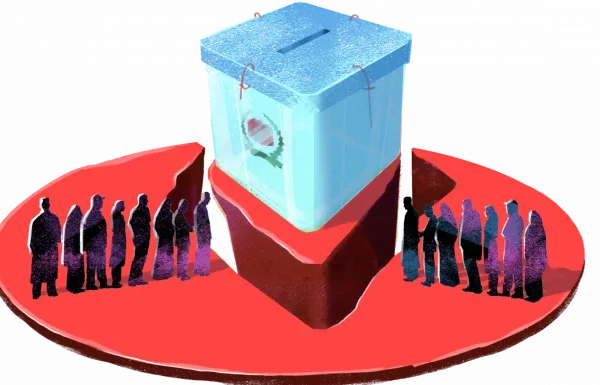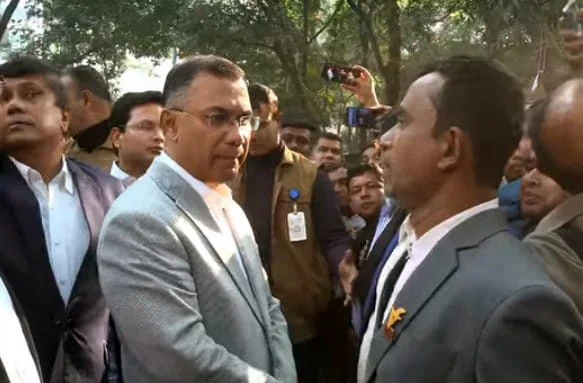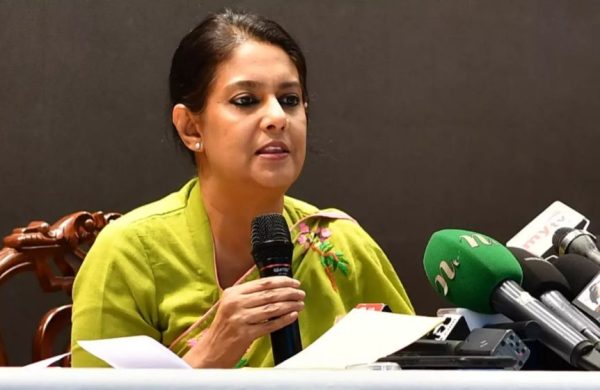Influence of society in thought, reasoning and research
- Update Time : Friday, January 3, 2025

–Dr Protiva Rani Karmaker–
Society as the most abstract form of “the social” or social reality plays an important role in our thought, reasoning and research. As quoted by Karl Marx, “Society does not consist of individuals, but expresses the sum of interrelations, the relations within which these individuals stand.” Society can be viewed as a canopy, structure, system, or network under which we grow, think and ordain our lives. Social changes affect our thoughts, reasoning and research. Several sources of living in society like life experiences, authority, customs and tradition, deductive reasoning, inductive reasoning, scientific method and many more sources influence us in several ways. To conduct our life activities satisfactorily and successfully, we need to understand our social environment and the nature of phenomena it presents to our senses; otherwise, we can hardly hope to solve problems we face constantly. In ancient times, nomads and various tribes from their personal experience probably remembered that certain wild fruits always made them ill, that grains ripen at particular times of the year, and that sudden floods in the rivers during the rainy season were because water does not generally stay on hills. A young man can repair a puncture in a bicycle’s inner tube because he has done it several times previously.
People may thus draw upon their own individually accumulated body of knowledge and skills derived from encounters and acquaintance with facts and events from society. So, life experience has become an important factor in inquiry of research as to what we rely on in our society. Sometimes the topics of research also change as per the needs of society and social reality. As during the COVID-19 pandemic, many researches came out on health issues related to coronavirus. In addition, customs and traditions of society serve as sources of knowledge for the members of a particular society and culture. Some people depend on custom and tradition to answer many questions related to their professional and everyday problems. People usually and readily accept customary modes of dress, speech, food and etiquette. In practical life, this automatic acceptance of approved patterns of behaviour is often necessary because one cannot question all things.
Custom and tradition have been beneficial influences in school settings, where educators often rely on past practices as a dependable guide. But the limitations of custom and tradition should be taken into consideration. Society also plays important role in reasoning as deductive reasoning is based on the syllogism, which was the great contribution of the Greek philosopher, Aristotle, to formal logic. In its simplest form, the syllogism consists of a major premise based on a priori or self-evident proposition, a minor premise providing a particular instance, and a conclusion. To use a simple example, consider the following proposition: All planets orbit the sun (Major premise)/ The earth is a planet (Minor premise)/ Therefore, the earth orbits the sun (Conclusion). The assumption underlying the syllogism is that through a sequence of formal steps of logic, from the general to the particular, a valid conclusion can be deduced from a valid premise. In personal and professional life, we very often use deductive logic in solving problems. Lawyers, doctors, soldiers and detectives often resort to deductive arguments in their professional work. Research workers have invariably used deductive reasoning to carry out certain tasks of their research work. Without deduction, facts obtained through observation and experiment would be fruitless since one could not fit them into deductive systems called sciences. However, there are some limitations to this reasoning. In the early 1600s, Francis Bacon introduced the mode of inductive reasoning. He felt strongly that the deductive mode of reasoning could never suffice for the discovery of truth because it started with a preconceived notion and, therefore, biased the results obtained. Whatever it is for our reasoning of any kind we depend largely on social education or on society.
Sometimes the success and failure of research and reasoning also depends on some social contexts. Hence, we cannot deny the deep influence of society or social reality on our thoughts, reasoning and research. All that we need is to live, love and understand our society.
The writer is a Professor at Institute of Modern Languages, Jagannath University, Dhaka
















